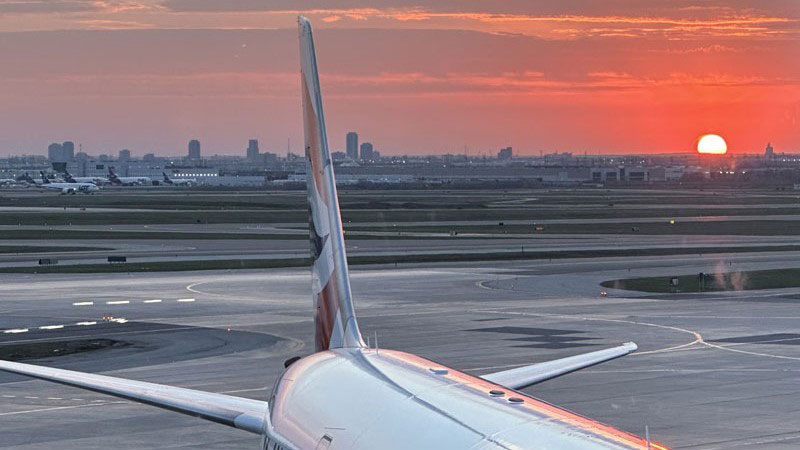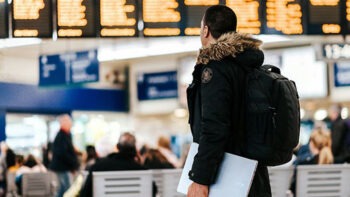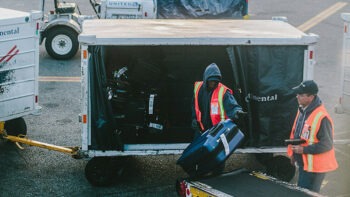
In another volley in the ongoing skirmish between Canada's airlines and federal agencies, new data from Transport Canada claims over half of flight delays in 2022 were caused factors within the control of airlines. But for some in the industry, those numbers don't reveal the full story.
The data comes as airlines increase calls for tabled updates to Canada's Air Passenger Protection Rules (APPR) to be changed to share responsibility between all stakeholders in the aviation industry - including, for example, security and border agencies. As the rules stand, as Open Jaw has reported, airlines alone are on the hook to compensate pax for flight delays and cancellations.
Airlines want other stakeholders to be held to the same standards in terms of published performance metrics and shared financial responsibility for compensation.
The new data from Transport Canada reveals that, in 2022, more than half of all flight delays in the country —approximately 116,000 out of nearly 199,000—were caused by factors within the control of the airlines themselves.
The data, collected from a survey of 65 international and domestic carriers and reported by the Toronto Star, underscores rising tensions surrounding ever-stricter Airline Passenger Protection Regulations (APPR), as currently, delays that are deemed to be within the control of airlines and unrelated to safety are eligible for passenger compensation.
In 2022, about 87,500 delays were deemed as a “delay within carrier control” and 28,500 as “delay within carrier control — safety.”
According to the report, 43,000 flights were delayed due to air traffic control, and another 15,000 incidents cited weather, security or other reasons.
One industry expert, McGill University's John Gradek, a former Air Canada exec, points out that simply classifying delays as "within carrier control" doesn't help solve any problems in the system.
In an email to the Star, he asked: “What are some of those causes for those delays within the area within control that are not safety?”
He is also concerned how "safety issues" are defined. One ongoing point of contention between airlines and the CTA is whether crew shortages during prolonged labour shortages can be deemed a "safety" issue or something entirely within an airline's control, unlike unforeseen mechanical problems, which are not controversial and are considered a valid "safety" issue.
Critics argue that the existing system provides airlines with loopholes to avoid compensating passengers for delayed flights, even though new rules are closing the airlines' ability to avoid compensation.
However, a consortium of 19 airlines and industry groups is actively challenging Canada's authority to impose penalties in updated APPR on carriers beyond what is outlined in the 1999 Montreal Convention.
The president and CEO of the National Airlines Council of Canada insisted that airlines acknowledge their own responsibility for the smooth operation of aviation - and their responsibility to compensate pax when things go wrong - as long as they are within their control, not a problem caused by another stakeholder.
“The only way in which air travel will be strengthened is if all entities within the aviation ecosystem are held to account,” Jeff Morrison wrote. “Canada’s airlines will continue to advocate for a model of true shared accountability, with the goal of making the Canadian air travel system the most competitive and efficient in the world.”






